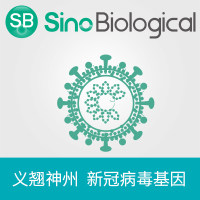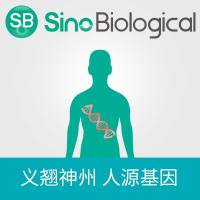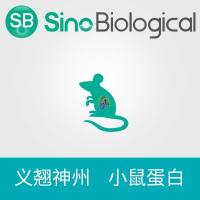Little is known about the molecular mechanisms controlling the earliest cellular differentiation events of the mammalian embryo. Pluripotent embryonic stem (ES) cell lines, derived from cells of the inner cell mass of the blastocyst, are an important experimental system that can be used to study the differentiation of the mammalian embryo into its earliest recognizable tissue lineages. For instance, experiments performed in ES cells demonstrate the essential role of the homeobox-containing gene Oct3/4 in the totipotent cells of the preimplantation embryo (1 ). When two alleles of Oct3/4 are mutated in ES cells, Oct3/4 -null cells lose their pluripotency and differentiate into only trophoblast cells. In contrast, when Oct3/4 is overexpressed in ES cells, spontaneous differentiation occurs and a variety of mesoderm-specific and extraembryonic endoderm-specific genes are expressed. Similar results have been obtained from in vivo experiments using Oct3/4 knock-out mice (2 ). Mouse preimplantation embryos, with two null alleles of Oct3/4 , develop into blastocysts containing primary trophoblast giant cells but lacking inner cell mass cells. Taken together, the in vitro and in vivo studies of Oct3/4 function indicate that Oct3/4 is one of the key factors regulating the differentiation of totipotent cells of the preimplantation embryo.






